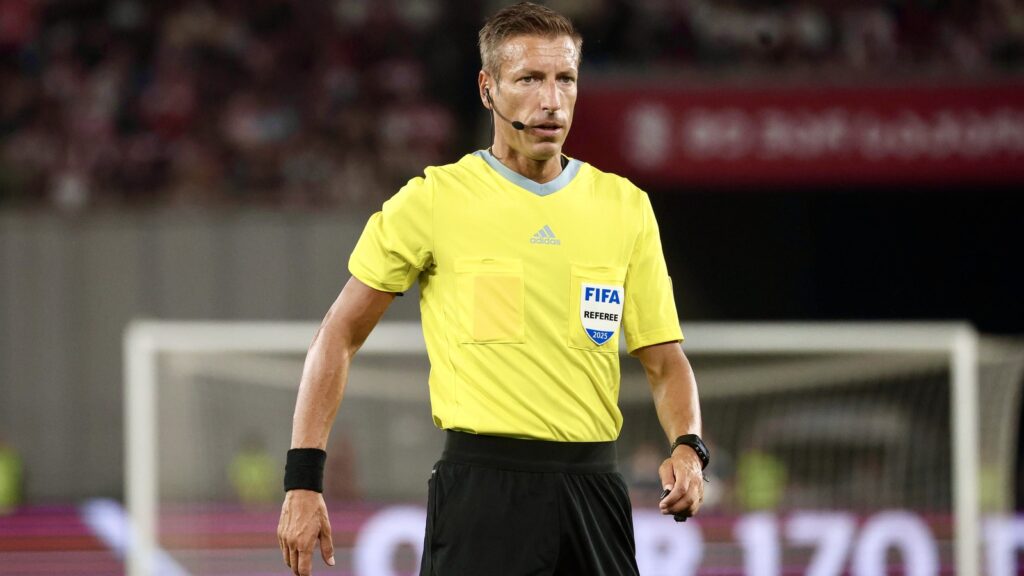One of the very demanding jobs in the field of sports is that of refereeing: applying the rules of the game, all in a split second, under mounting pressure and in front of millions of viewers. But even with perfect skills, only humans err. An inscription for an offside call in football, a foul not called, a decision made in the crucial moments of a game and above all, just one bad call from the referee can alter the destiny of not only the match but sometimes the entire season.
So, what really happens when a referee makes a mistake? This article goes deep into the consequences of errors, the review system, the answer of the leagues in terms of accountability, and how players, coaches, and fans respond when officials go astray.
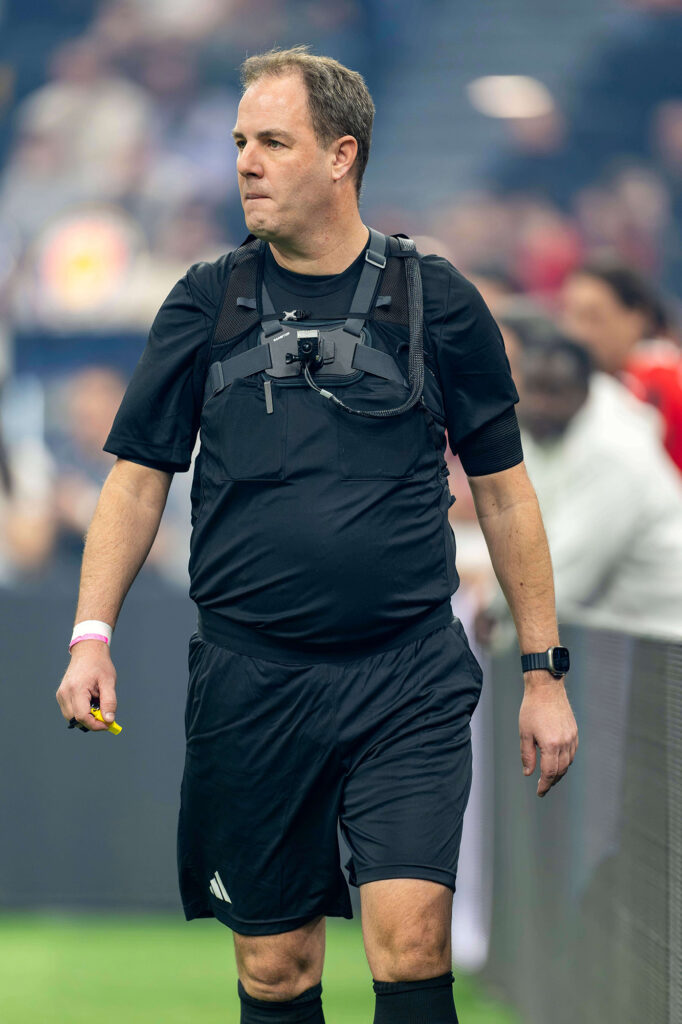
The Immediate Consequences of a Mistake
Once a referee has committed an error, its effects may be felt instantaneously.
On the Match Outcome
Any major decision by the referee impacts the scoreline. It could be dening a penalty in soccer, disallowing a touchdown in American football, or an incorrect foul call in basketball. There can be a complete change of momentum throughout the game. The team in question – who lost their rightful goal – may experience a wave of negative confidence. The other could be fed with positivity – from an unwarranted advantage.
On Player and Coach Behavior
Mistakes often lead to heated protests on the field. Players crowd around the referee, and coaches argue from the sidelines. It ends up increasing tensions and also disrupts concentration of the players. It might even lead to fouls, suspensions or ejections – if dissent goes too far.
On Public Perception
With TV replays and social media sharing slow motion clips, fans notice referee errors quickly. A single mistake can often dominate headlines and online debates long after the final whistle.
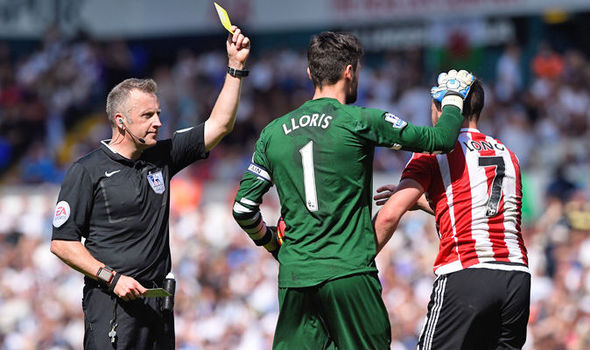
Checking the Referee’s Decision
Many modern sports have increasingly turned to technology to reduce the impact of referee mistakes.
VAR – Video Assistant Referee (Soccer)
VAR was introduced to review goals, penalties, red cards and cases of mistaken identity. VAR officials review footage and alert the on-field referee – if a “clear and obvious error” is detected.
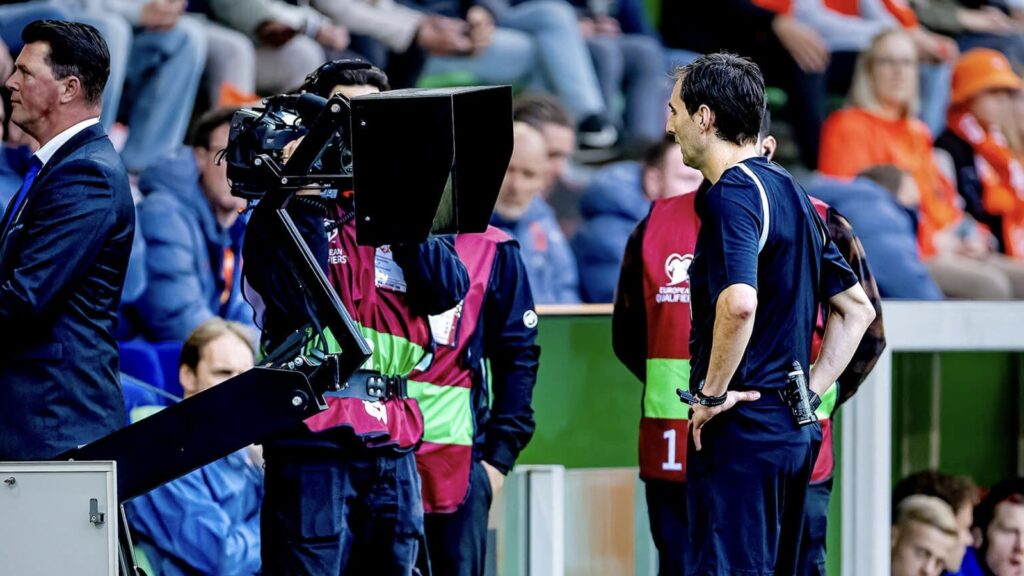
Instant Replay (American Football and Basketball)
The NFL allows coaches to challenge certain decisions. These are reviewed using multiple camera angles. The NBA uses replay to review buzzer-beaters, flagrant fouls and out-of-bounds plays.
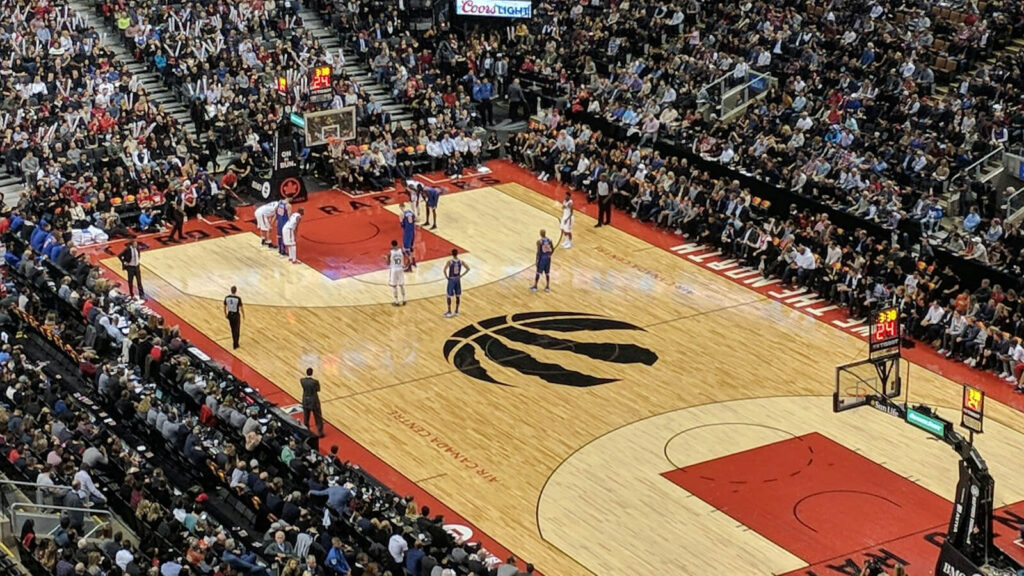
Hawk-Eye and DRS (Tennis and Cricket)
Cricket and Tennis players have the privilege to challenge line calls. With ball-tracking software, these challenges are given a definitive answer.
These systems aim to minimize mistakes, but they are not perfect. Reviews have the power to interrupt the flow of play. And even with technology, interpretation is sometimes subjective.
Disciplinary Panels and Post-Match Review
After a game, referee performances are analyzed by official bodies.
Match Assessors
In many leagues, referees are graded by assessors. Assessors review their performance using video and statistical analysis. Every decision is scrutinized – from fouls to offside calls.
Disciplinary Panels
Referees usually miss some errors in a game. These errors – especially those affecting match outcomes – are sent to disciplinary panels. For example, if there is a missed violent conduct, the panel may then apply suspensions to the involved players. This corrects the oversight by the referees.
Referee Accountability
Referees may be held accountable for repeated infractions and major mistakes. Penalties range from being taken off the list of referees for major matches and assignments to less prominent fixtures. In grave instances, it can also lead to suspension from officiating.
How Leagues Handle Referee Accountability
Most sport organizations have their own way of handling accountability, but most follow a similar pattern –
- Internal Reviews: Referee departments perform private reviews away from the public.
- Demotion or Rotation: A referee might be demoted to work in the second division or lower grade fixtures until confidence is restored.
- Training and Retraining: Bad performances are often met with further training sessions. Refereeing workshops are held to reinforce the rules and best practice.
- Transparency Reports: Some leagues, such as the English Premier League, issue occasional statements. These explain the reasoning behind controversial decisions in hopes of building trust.
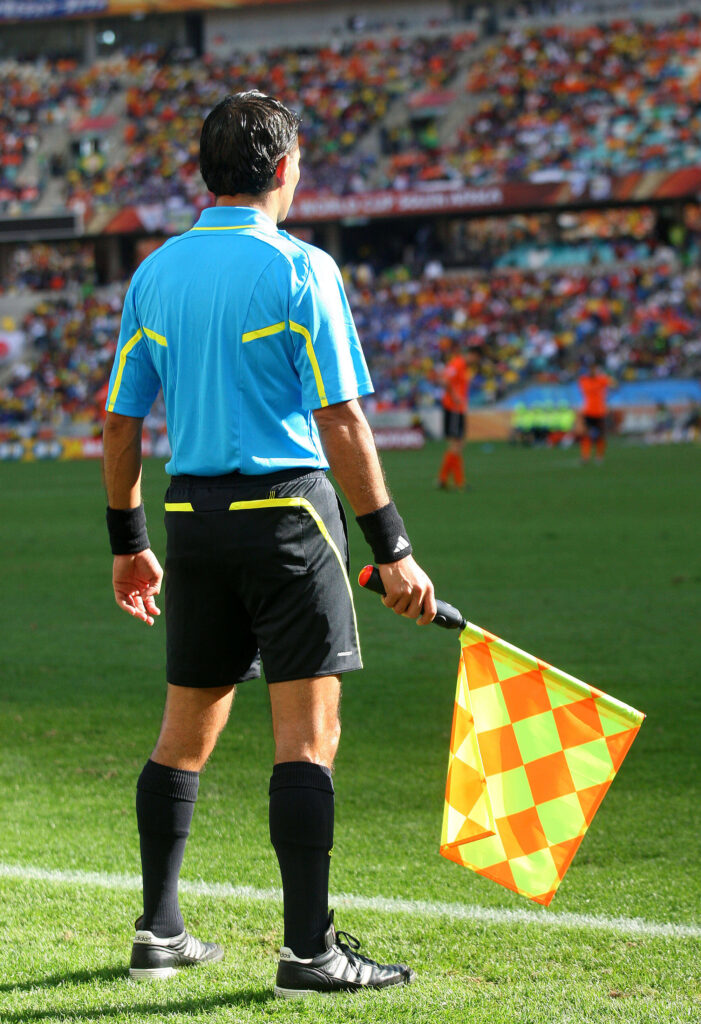
However, accountability is carefully balanced. Referees are human too, and there’s always a chance to make a mistake. Leagues often protect them from excessive public criticism – to avoid weakening their authority on the field.
Public Reaction and Media Pressure
Referee errors hardly ever go unnoticed. Public response can be so strong that fans feel mistakes sometimes run against their team. These mistakes could stop them from victories, championships, or even a financial reward. They express their frustration with urgency and deliberateness. Such rage is intensified by social media, with everyone sharing match replays and debating the same endlessly.
Sports journalists and analysts pick apart controversial decisions in detail. They sometimes end up snuffing out any positive goodwill towards referees. Errors in major sports events can dominate the news for days.
Coaches may criticize referees publicly, and many leagues fine managers for taking it too far. Some clubs go so far as to formally lodge complaints with governing bodies when key errors bear heavily against them.
The Human Side of Refereeing
One easily forgets that referees are mere humans. They make split-second decisions under enormous pressure. They move anywhere between 7 and 10 miles per match while keeping tabs on dozens of players simultaneously. On the contrary, ardent fans stand glued to their television screens, enjoying slow replays and slow-motion reviews. Fans thus get a lot of time to reflect and debate. But those luxuries are not afforded to the referees because they must make calls in real-time.
Mistakes, therefore, are inevitable. What matters is how they are handled afterward – through reviews, accountability, and constructive improvements.
Can Mistakes Ever Be Eliminated?
The short answer: no. Technology can reduce errors but not completely remove them. There are situations that remain subjective, for instance, deciding whether a foul warranted a yellow or red card. Sport governing bodies grapple with balancing accuracy versus flow of the game. Over-reviews make a match stop-start, annoying players and fans alike. Under-reviews leave mistakes unchecked.
The future may be reasonably poised for more tools, especially those with AI-assisted decision-making. Yet, probably human interpretation will forever hang heavily on the scales of officiating.
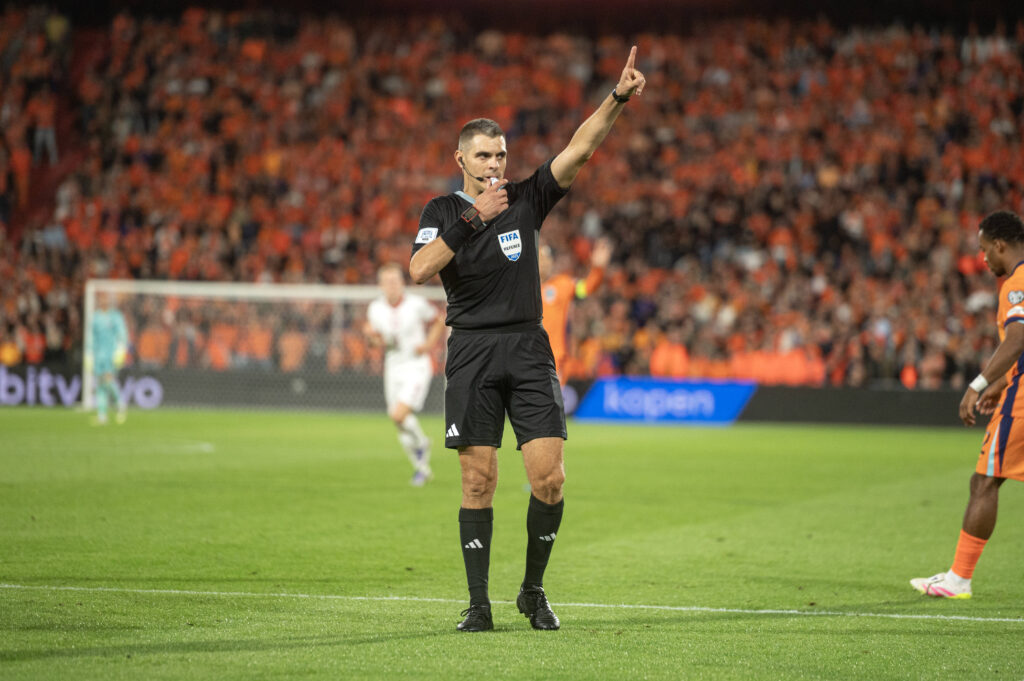
The Necessary Part of the Game?
When a referee errs, that mistake matters beyond a mere passing moment. A wrong can alter outcomes of contests before immediate redress from the review systems, with disciplinary panels holding everyone involved to account. While in public domains, the fight carried on by fans, media, and clubs remains active long after the final whistle.
Referees are not perfect, and neither is sport. So in a way, it is unpredictability and fallibility of human decision-making that makes sport so engaging. With improvements in technology alongside complementary measures for accountability, the pursuit is not for perfection but rather for fairness: where mistakes are almost far between, where such mistakes are attended to if noticed, and where there is learning from such experiences.
